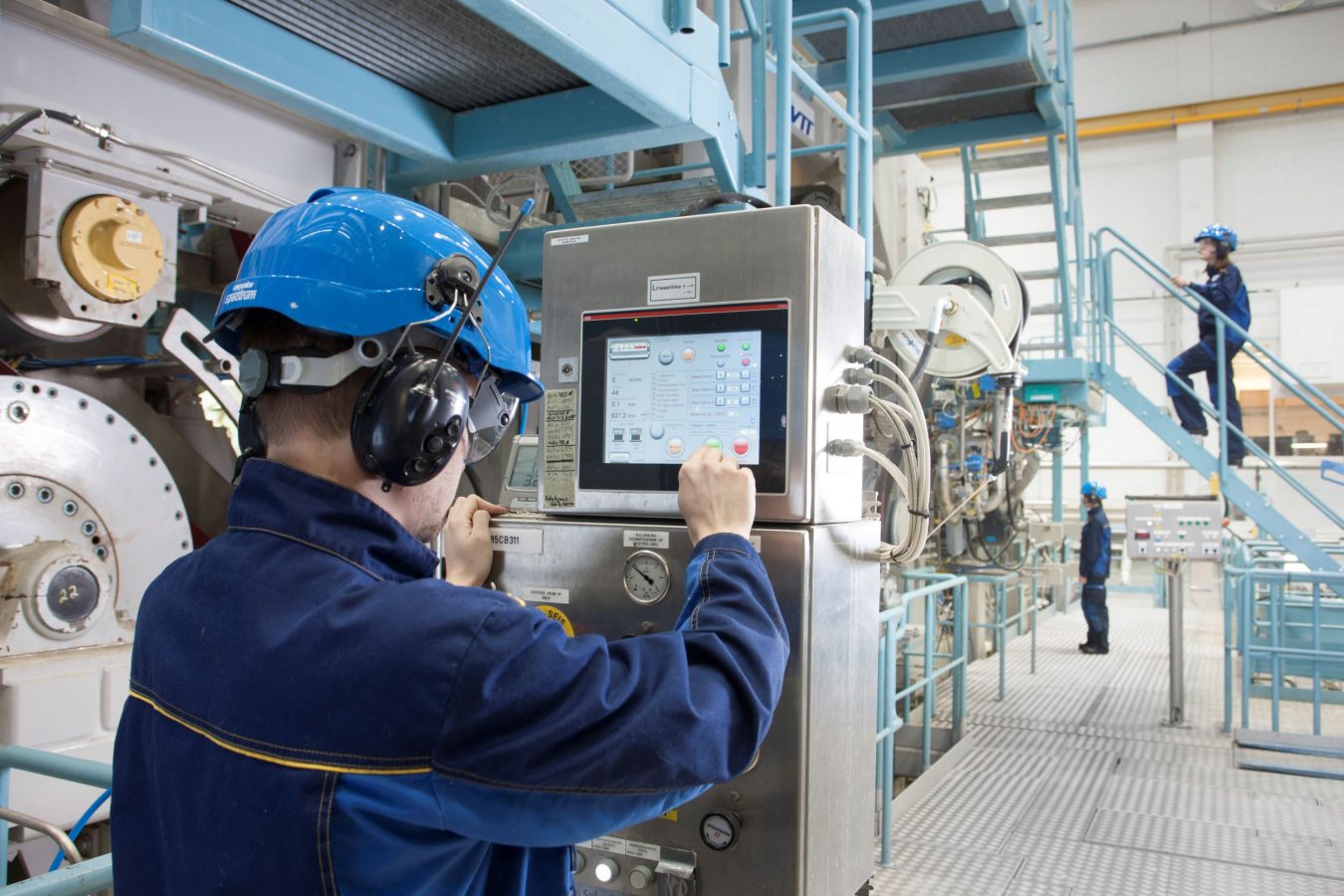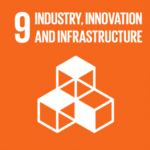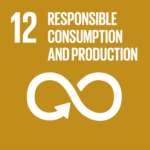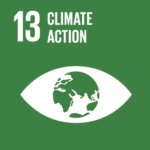A Pilot Environment for Sustainable Manufacturing of Fiber Products

Case - Published 15.3.2023
Using current methods for producing paper, cardboard, tissue paper, and nonwovens requires much water, and removing the water during the process requires a lot of energy. Companies are actively looking for new ways to save energy and thus reduce CO2 emissions. VTT plans to build a new pilot environment in Jyväskylä for responsible manufacturing of fiber products. The goal is to reduce water and energy from the process significantly.
The market for fiber-based products, such as hygiene and fiber-based packaging materials, is growing fast. Particularly the source of growth is packaging products, which are boosted by the massive popularity of online shopping. As a result, the number of cardboard boxes shipped between stores and consumers is so huge these days that, as one effect, the volume of cardboard production in Finland bypassed the volume of paper products for the first time in 2022. In addition, the amount of fiber-based food packaging is increasing: now, around 30 percent of food packages are fiber-based, but it is estimated that by 2040 the share will be 40 percent.
VTT invests in the infrastructure and know-how of sustainable manufacturing of fiber products
VTT is going to build a pilot environment in Jyväskylä, Finland. It aims to notably reduce the amount of water needed in the manufacture of fiber products and thus the energy needed in the process. Consequently, carbon dioxide emissions created during the process will decrease significantly. The aim is to start building the pilot environment in 2024 and launch it in 2025. Most of the infrastructure investment is directed to dry fiber processing and the equipment needed for web formation.
Besides infrastructure, VTT invests in competence development. Essential research questions and the topics requiring new knowledge are about creating and managing fibers suitable for the process, transferring the fibers, and, e.g. converting and functionalizing the fiber networks.
New methods reduce the need for water and CO2 emissions
The to-be pilot environment and its innovations are estimated to reduce the water consumption needed in the process up to 90 percent. Along the same lines, carbon dioxide emissions are assumed to go decrease significantly. VTT has decades of experience in developing and researching paper and fiber products. Therefore, even though the objectives of the pilot environment are ambitious, they are also realistic.
Sustainability and corporate responsibility have become major trends in business. Naturally, this applies also to the packaging industry and fiber products. Companies want to act responsibly and communicate this to consumers, investors, and other stakeholders. Furthermore, legislative aspects promote the transition to sustainably manufactured fiber products: for example, the EU has set recycling targets and other regulations for plastic products, which also accelerates the transition to fiber-based products.
The author is Tua Huomo, Executive Vice President of VTT’s Sustainable products and materials business area. Contact information: +358 40 564 4146, tua.huomo@vtt.fi, @TuaHuomo .
Agenda2030
Related SDGs are 9 Sustainable industry, innovation, and infrastructure, 12 Responsible consumption and 13 Climate action.
VTT is a visionary research, development and innovation partner. We drive sustainable growth and tackle the biggest global challenges of our time, and turn them into growth opportunities. We go beyond the obvious to help the society and companies to grow through technological innovations. We have 80 years of experience of top-level research and science-based results. VTT is at the sweet spot where innovation and business come together.
At the core of responsibility at VTT are the content of research and our solutions that promote sustainability. VTT has identified five SDGs on which its activities have the greatest impact: 7 Affordable and clean energy, 8 Decent work and economic growth, 9 Sustainable industry, innovation, and infrastructure, 12 Responsible consumption, and 13 Climate action.
VTT – beyond the obvious
www.vttresearch.com, Twitter @VTTFinland, Facebook, LinkedIn, YouTube and Instagram



